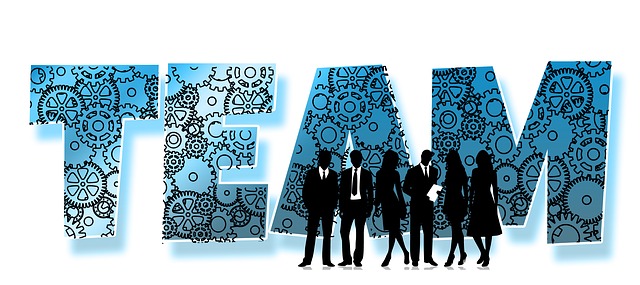The idea of company culture is relatively new from a historical perspective. For a factory worker in the early 20th Century, there was little sense of culture in the workplace community as we think of it today. People went to work a shift and clocked out when it ended. Now, more employees are afforded selectivity in the environment they choose to work in. There’s even data suggesting that organisations with stronger ethical cultures experience higher success in business growth and development. This is true internally (felt by the employees) and externally (through customer satisfaction).
Indeed, having a strong, ethical culture is good for business across key metrics.
That’s what researchers at our organisation, LRN, found in our recently released LRN Benchmark of Ethical Culture report. In an era of stakeholder capitalism—where employees and companies care more than ever before about expansive topics like environmental, social, and corporate governance (ESG) and diversity, equity, and inclusion (DEI)—culture informs and conveys how a company shows its commitment to values, its people, society, and our planet.
The LRN study, a multi-year, collaborative research effort with data drawn from a cross-section of nearly 8,000 employees representing 17 industries and 14 countries, tracked dimensions of ethical culture and how they shape team member conduct and impact company success. The report reveals organisations with the strongest ethical cultures outperform others by a significant margin—about 40%—across various performance measures, from customer satisfaction and team member loyalty to adaptability, innovation, and business growth. There is also greater transparency around reporting worker misconduct.
There were seven key takeaways from the valuable research to those in the HR community and, really, anyone in an organisation keen on building a better culture:
Companies with the strongest ethical cultures outperform others by 40%. This is true of all measures of business performance—including customer satisfaction, employee loyalty, innovation, adaptability, and growth.
There is a need to shape ethical culture globally, but some industries outperform others significantly. Data from the survey show a pervasive and consistent need to improve ethical culture in all regions, regardless of company size. Information technology, entertainment and hospitality, and marketing and media had the highest average ethical culture scores, while chemical, education, not-for-profit, and the automotive and transportation industries ranked the lowest.
There is a leadership disconnect. Senior leaders report more favourable perceptions of the state of their organisation’s culture. Middle management reports average and individual contributors, and those on the front lines, report the lowest perception of culture.
Some aspects of culture have an outsized influence on achieving ethical behaviour. There are strong correlations between Cultural Catalysts and demonstrated ethical behaviour. For example, companies that foster trust and maintain a sense of fairness—meaning they score high marks on Trust and Organizational Justice—experience lower levels of misconduct and more people speaking out when they see it.
Black employees and people who identify as female observe unequal treatment in the workplace. While companies have made commitments to diversity, equity, and inclusion, there is a wide gap in the perception of equality at an organisation. Black employees report a less positive experience of cultural dimensions, while people identifying as female report less than those identifying as male.
Employee loyalty is notably higher in environments characterised by high trust. Employees are more loyal to ethical and purpose-driven companies with a clear commitment to diversity, equity, and inclusion.
There’s a Pandemic Paradox with frontline workers. Even though frontline workers were heralded publicly as heroes for keeping the economy running early on during the pandemic, they gave their organisation the lowest scores across the various dimensions of culture. Simply put, frontline employees don’t feel the same positive impacts of cultural advancements as management and executive-level employees.
Culture as the keystone for your organisation
Picture a physical keystone in a stone arch. It is the vertex of the parabolic shape, and it holds all the other stones on each side in place. Without it, those other stones would collapse in on the arch. Ensuring the keystone is secure, the right material, and the right size will ensure that the arch withstands the test of time and all elements. The same is true for a company’s culture. It’s a balancing act, figuratively and metaphorically. There’s no “one size fits all” keystone to insert into any corporation’s arch. That said, bearing these factors in mind will allow employees and employers alike to craft an ethical culture in their own way and make a lasting impact on the workplace environment as a whole.









